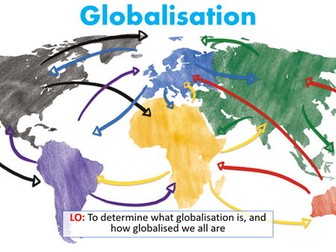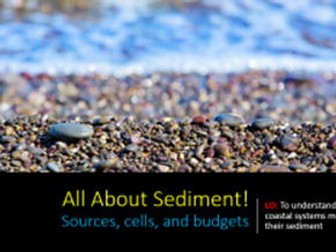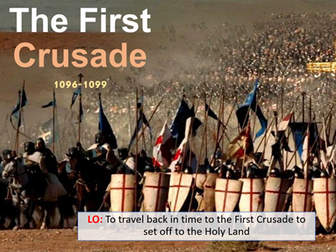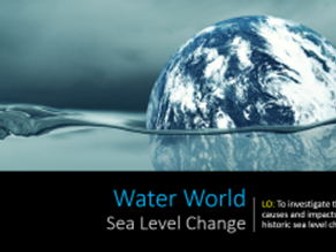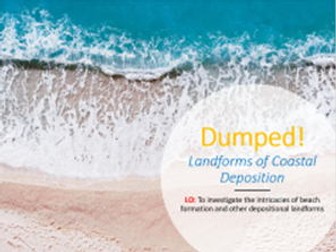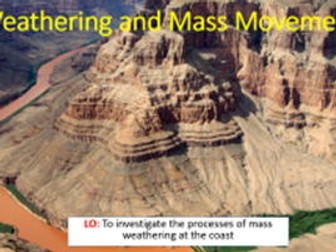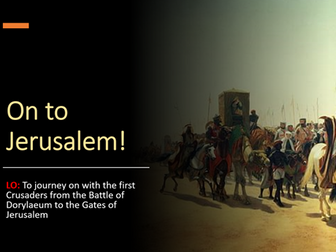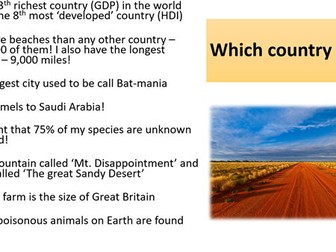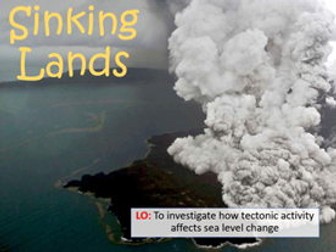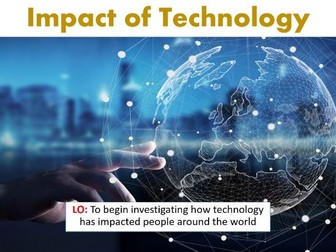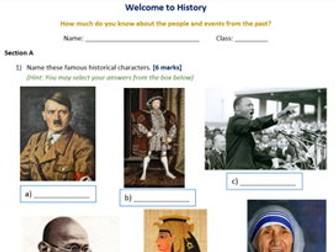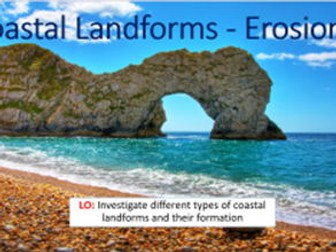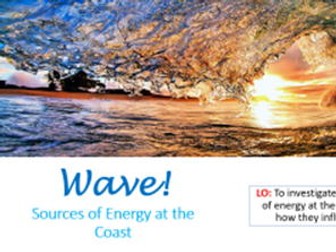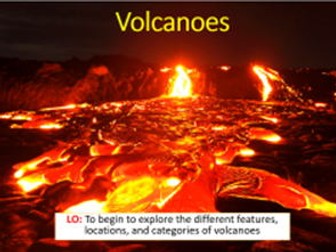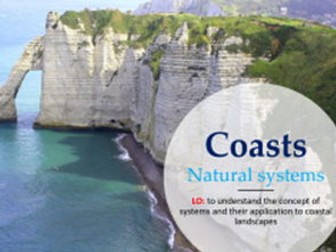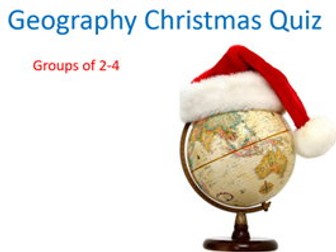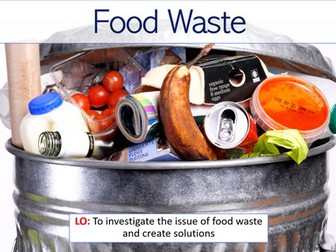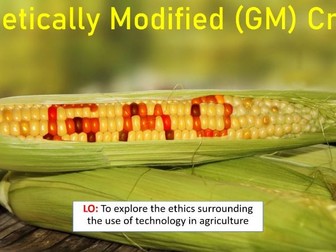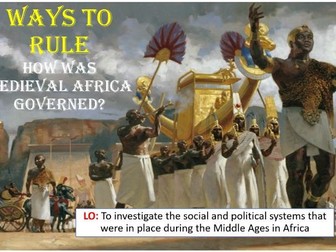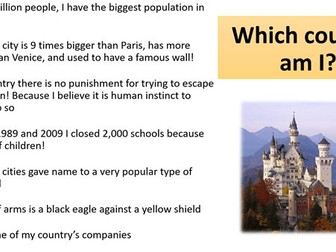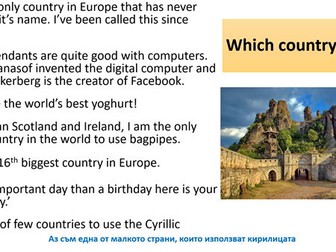Global Systems & Global Governance (Unit)
This series of 18 lessons were designed for the AQA A-Level Unit: Global Systems and Global Governance. There are powerpoint slideshow prestentations and interactive word documents that run alongside the “AQA Geography A Level & AS Human Geography Student Book (by Alice Griffiths, Lawrence Collins, Simon Ross, Tim Bayliss” textbook.
There are a wide array of lesson activities that are differentiated and stretch & challenge tasks are built in too. There are opportunities to adapt the lessons and activities to suit your class. Links to web resources such as videos, quizzes etc are included on the slideshows and interactive worksheets. There is emphasis on defining the key terms and there are regular exam-style questions included throughout the unit lessons.
I’ve successfully used these lessons with several year groups and they have been welcomed by the students who have both enjoyed and performed well in this unit.
